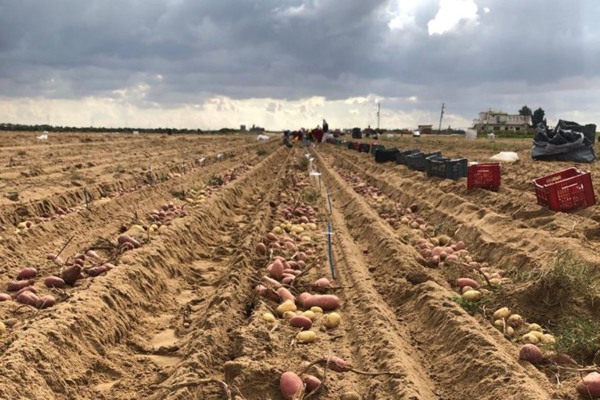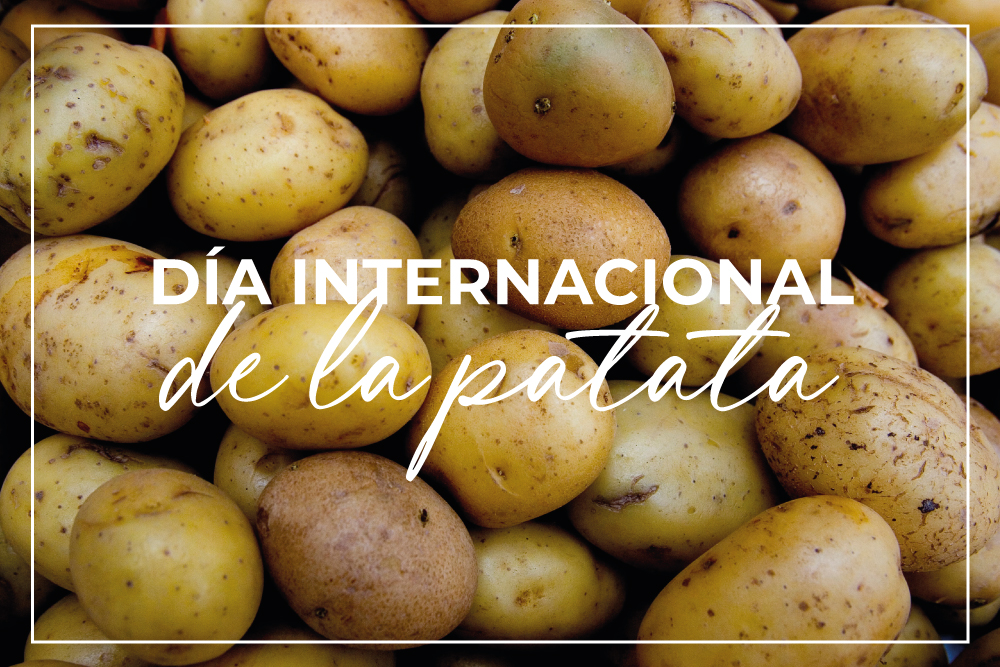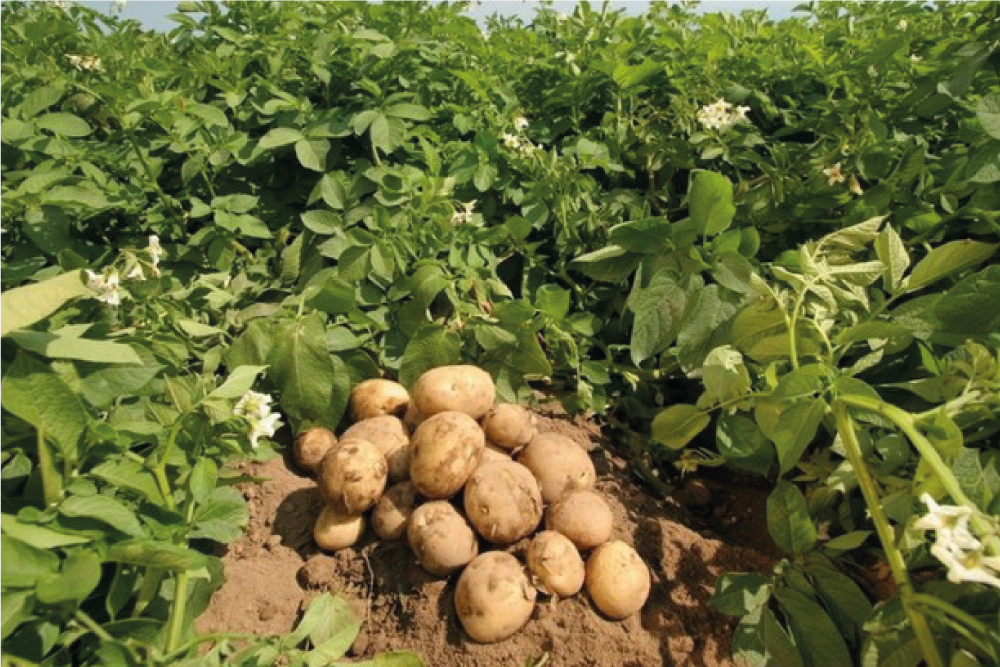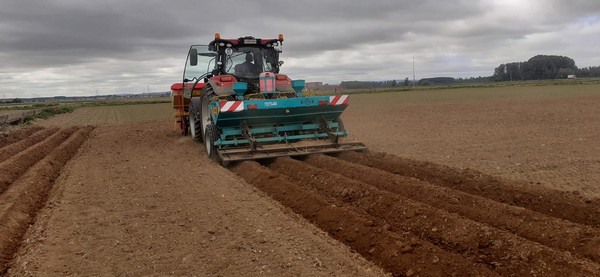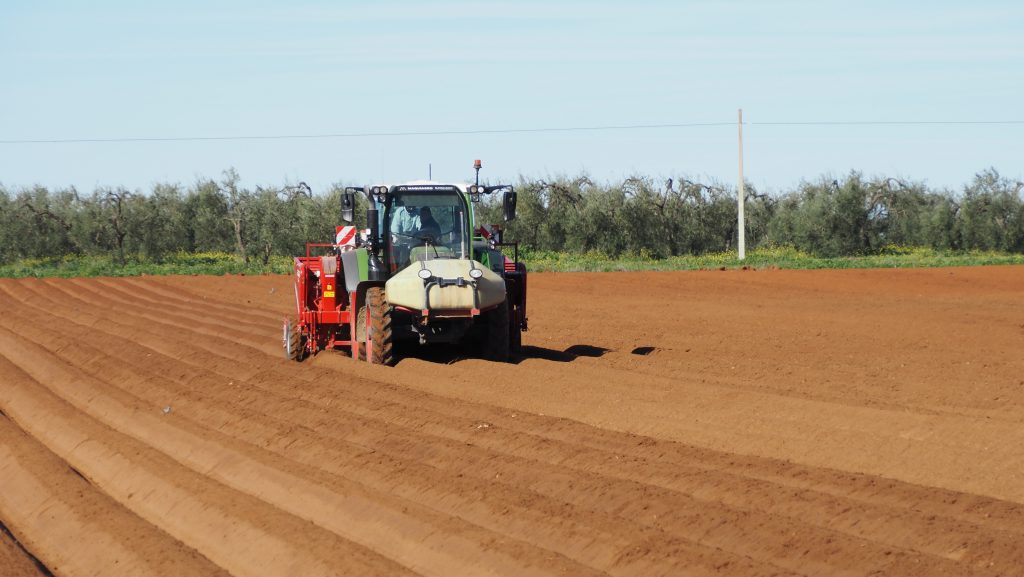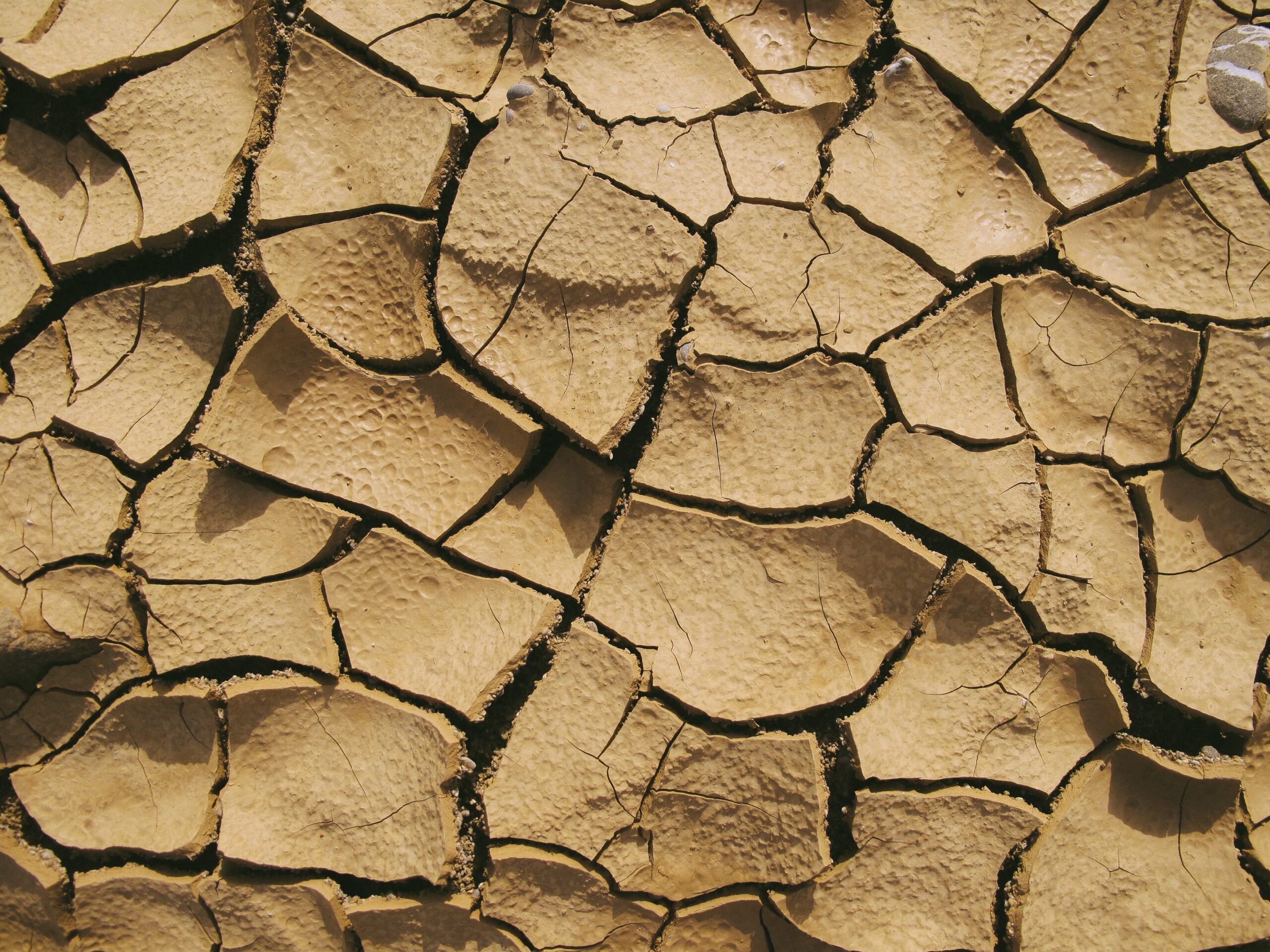
The cost of drought in Spain: agriculture, 9.2% of GDP, is at risk
- Water reserves in our country are at levels far below optimum.
- By 2050, 27 million Spaniards are expected to live in water-stressed areas.
- The lack of rainfall has a very negative impact on the national economy.Drought is a serious problem that affects our country in particular and has negative consequences in different sectors. Droughts are influenced by both natural and human- induced factors. Regarding the former, it is common for a drought to occur naturally every eight to ten years as a result of the collision between two
air currents: a cold, moist air mass from the Atlantic and a warm, dry air mass from Africa.
However, global warming is accelerating and aggravating this phenomenon significantly. This is influenced by the polluting practices of companies and individuals around the world. In this context, it is important to understand what types of droughts can occur in our country. There are four in total.
The first of these is known as meteorological drought, which occurs when there is a shortage of rainfall. Although natural conditions also play a role in this case, the human factor also plays a role. The increase in greenhouse gases and deforestation play a major role in this problem. On the other hand, if there is a shortage of water reserves (reservoirs and groundwater), this is known as hydrological drought. On the other hand, agricultural drought is one in which the lack of water prevents plantations and crops from being maintained satisfactorily. Finally, socio-economic drought is one that directly affects people and economic activity.
In this respect, the Government warns in its Spain Strategy 2050 plan that the temperature in our country will continue to rise. By that year, Spain’s climate will be even warmer and, therefore, droughts will be much more intense, affecting 70% of the country’s territory.
The situation is worrying, especially if we take into account the data provided by the reservoirs at the beginning of this hydrological year (1 October). After two very dry years, reserves have increased, but not sufficiently. At present, they are only at 35.6% of their capacity. If this rate continues, according to Greenpeace data, by 2050, 27 million Spaniards will be living in water-stressed areas. Thus, given the situation, it is important to know how to ration water and avoid using it unnecessarily.
Consequences
Water is vital to preserve the existence of human beings and their environment. Therefore, a lack of water has repercussions on the economy, production and, of course, the environment.
This element, essential for life, is the true engine of the economy. Its presence stands out in sectors as disparate, although all of them important for the Spanish economy, as tourism and agriculture. The latter is the most affected, as the lack of water causes the loss of agricultural production and land for cultivation, leading to a loss of food.
As a result, vegetable prices increase due to the law of supply and demand. In fact, the agriculture industry will be the sector with the highest exposure to drought risk in the EU, with expected cumulative losses of 1.8 billion euros, equivalent to 9.8% of the sector’s revenues.
Given the importance of agriculture in our country, the consequences of drought could be catastrophic. In 2022, the sector contributed 9.2% of gross domestic product compared to 6.6% in Europe.
In any case, food loss due to lack of water leads to malnutrition, dehydration and various health problems for the population, including the development of diseases.
But, apart from the economic impact, the lack of rainfall also causes an increase in pollution and an increase in the volume of various types of waste in the environment. Therefore, in this period of drought there is much less dissolution of pollutants.
Other consequences may be the migration or disappearance of animal and plant species, including, if left unchecked, humans themselves.
20% de descuento en tu primera compra online
al suscribirte ahora en nuestra newsletter
Contact
Shop
tiendaonline@patatasmelendez.com
Commercial
comercial@patatasmelendez.com
Quality
incidencias.calidad@patatasmelendez.com
Polígono Industrial "Escaparate" Carretera de Olmedo km 2 47400 Medina del Campo - Valladolid
Las partes, declaran conocer y aceptar las Condiciones Generales de contratación de MELENDEZ MARKET S.L que se encuentran disponibles en sus oficinas sitas en Crta Villaverde km 3 Nave E puestos 32-34 Mercamadrid, 28031 Madrid, en la URL: https://patatasmelendez.com/con en el Registro de Bienes Muebles de Madrid y acuerdan de manera expresa someter a la ley española todo litigio, discrepancia o reclamación resultante de la contratación efectuada, y al Arbitraje del Tribunal de la Asociación para el Arbitraje Mercantil “TAM” de Madrid, en el marco de sus Reglamentos, al cual se encomienda la administración del arbitraje y la designación del árbitro o tribunal arbitral, obligándose desde ahora al cumplimiento de la decisión arbitral.
Ayudas dirigidas al fomento de la industria 4.0 o digitalización industrial en Castilla y León
Proyecto: AUTOMATIZACIÓN Y DIGITALIZACIÓN DE LA NUEVA PLANTA INDUSTRIAL DE PATATAS MELENDEZ.
EXPEDIENTE: 2023/INDUSTRIA 4.0/044
IMPORTE DE LA SUBVENCIÓN: 143.538,71 €.
Proyecto financiado por la Junta de Castilla y León a través de la Consejería de Industria, Comercio y Empleo

